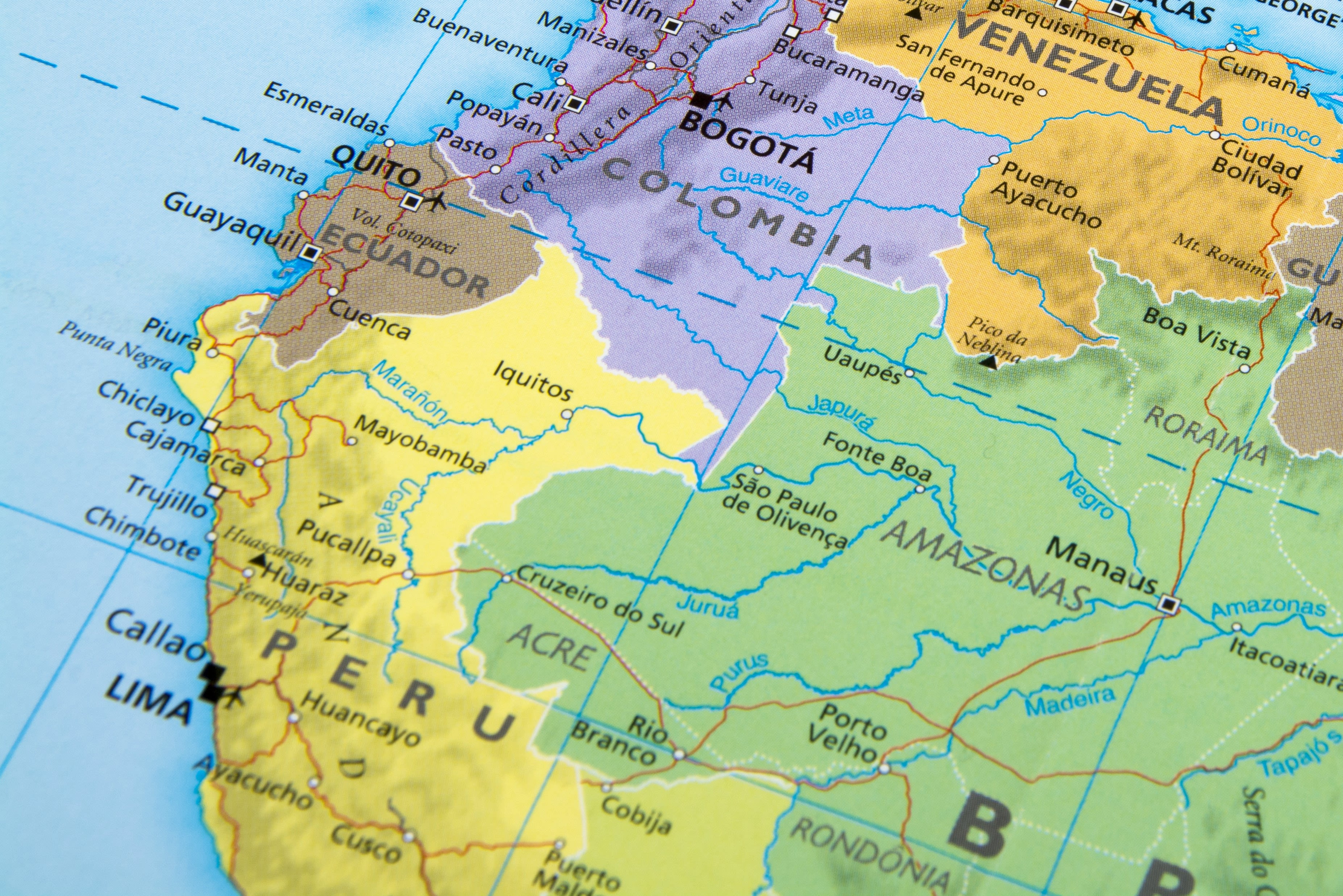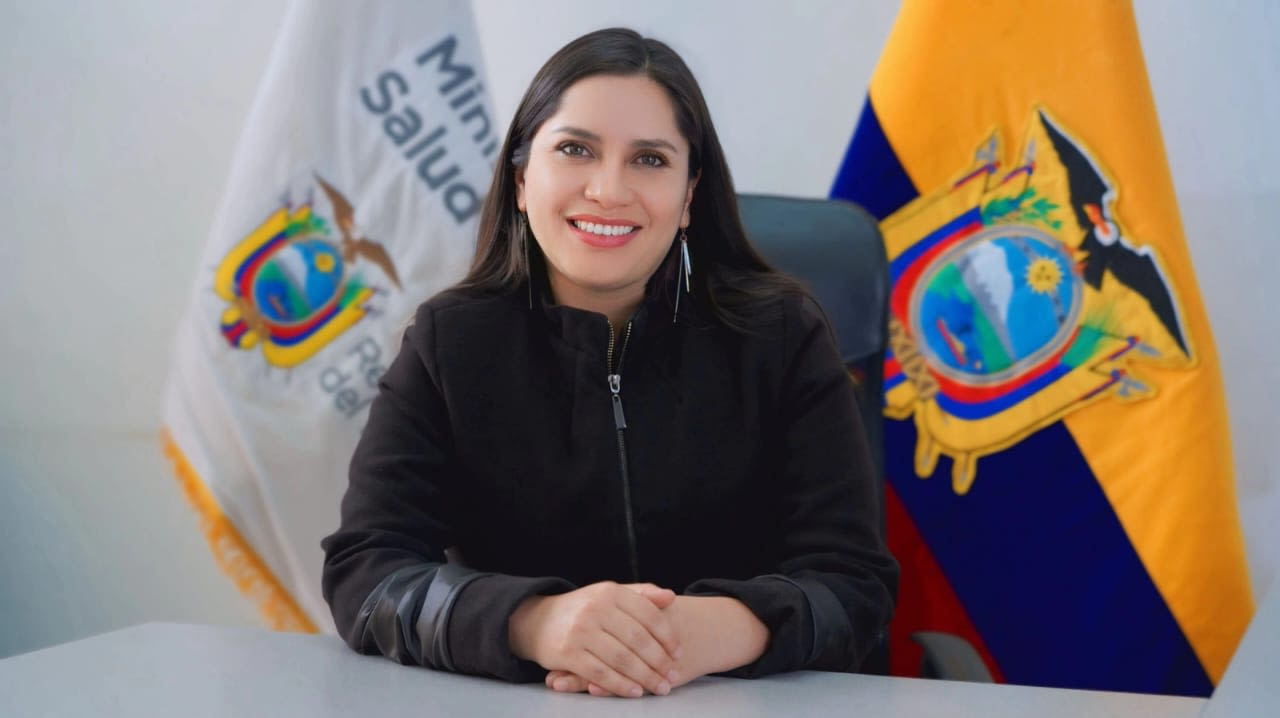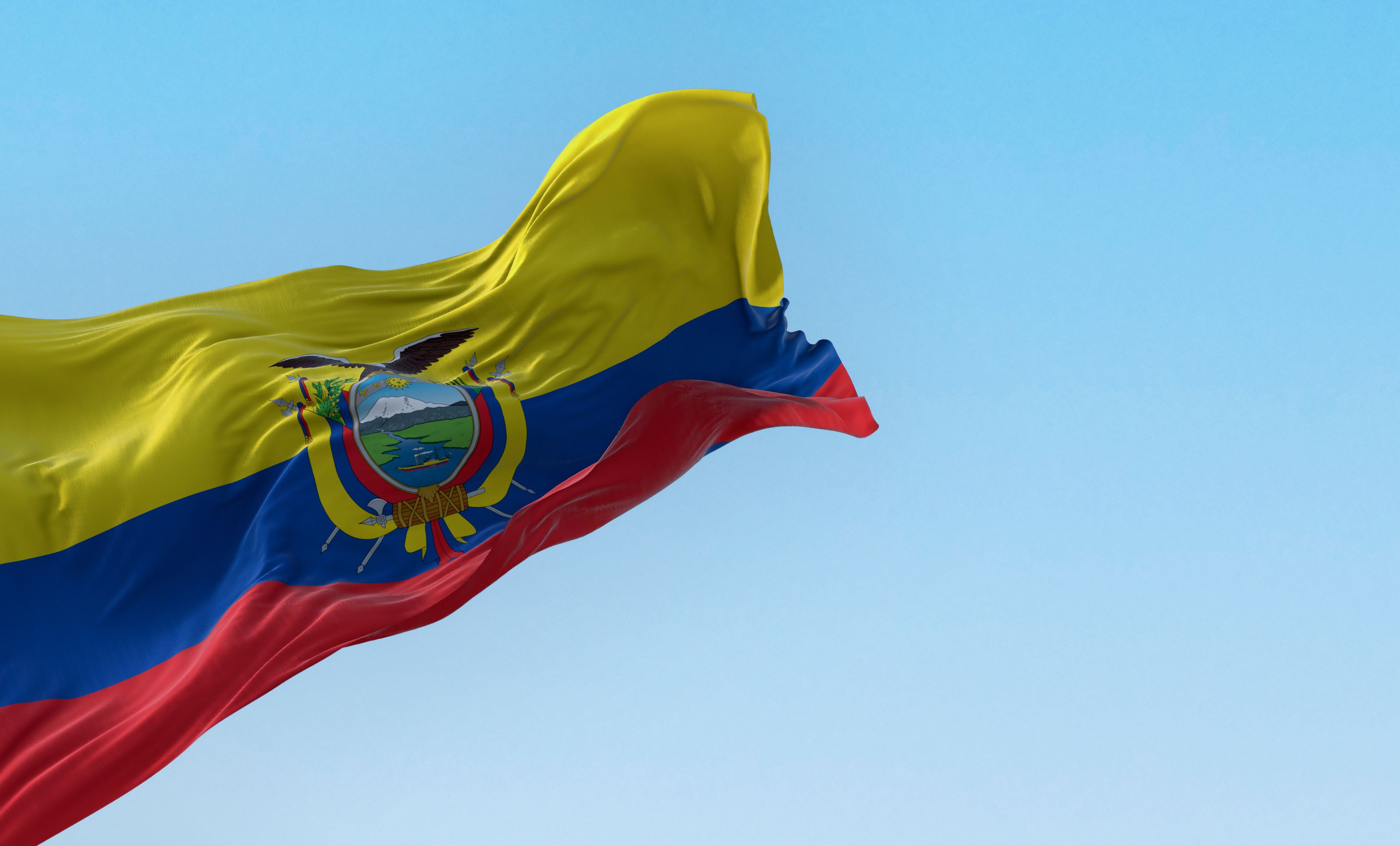Supporting health technology assessment in Ecuador and Peru
Case study

NICE International is part of the NHS in England’s health technology assessment body, the National Institute for Health and Care Excellence (NICE). The team supports countries to improve their own nation’s health and wellbeing. It does this by sharing best practice and helping to drive improvements in evidence-based decision-making.
In recent years, Ecuador and Peru have placed increasing importance on health technology evaluation. In this case study, we explore NICE International’s collaboration with the Ministry of Health in Ecuador and the General Directorate of Medicines, Supplies and Drugs in Peru. This partnership, supported by the UK Department of Business and Trade, focuses on the ongoing establishment of health technology evaluation.

"Our alliance with NICE International has helped us progress towards a more efficient, equitable and resilient national health system. It has enabled us to strengthen our health technology assessment capabilities, ensuring timely access to innovative, clinically-effective and cost-effective medicines."

“Our collaboration with NICE International marks a fundamental step towards optimising and improving the evaluation of health technologies in Peru.”
Firm foundations in Ecuador
In September 2022, Ecuador published 3 health technology evaluation process manuals. These aimed to standardise technology appraisal procedures across the country’s public health network.
Also in 2022, Ecuador created the National Directorate of Health Technology Assessment within the Ministry of Public Health.

A growing momentum in Peru
In 2020, Peru set up the National Network for the Evaluation of Health Technologies. Its role is to evaluate high-cost medicines for rare and orphan diseases.
The same year, they also passed a new law on cancer care for children and adolescents. This guaranteed universal health coverage for approved cancer treatments. It led to an urgent need for health technology evaluation capacity building.
And in 2022, the Peruvian Ministry of Health approved plans to develop a health technology evaluation methods manual for summarised versions of technology appraisals.

Sharing our knowledge and expertise
To help Ecuador and Peru further embed health technology evaluation within their systems, NICE International teamed up with the School of Health and Related Research at the University of Sheffield. Together, they delivered a series of virtual technical capacity building seminars on the UK system. Topics covered included:
- horizon scanning and topic selection
- cost-effectiveness thresholds
- identifying and reviewing evidence
- health technology assessment for ultra-rare conditions
- commercial and managed access agreements, NHS England’s Cancer Drugs Fund and Innovative Medicines Fund.
Following the seminars, NICE International produced a summary report outlining recommendations and suggested next steps. They also delivered further sessions on topics including evidence review groups, public involvement and the NICE severity modifier.
Progress to-date
Ecuador has taken significant steps forward. They've incorporated the GRADE approach (Grading of Recommendations, Assessment, Development and Evaluations) and an evidence-to-decision framework within their health technology assessment processes. GRADE is a transparent framework used for developing and presenting summaries of evidence. It provides a systematic approach for making clinical practice recommendations. While the purpose of an evidence-to-decision framework is to help people use evidence in a structured and transparent way to inform decision-making.
Ecuador has also created health technology assessment units within 3 key national organisations:
- Ecuadorian Institute of Social Security
- Social Security Institute of the Armed Forces
- Social Security Institute of the National Police.

“Our collaboration with NICE International enables us to move closer towards an efficient, equitable and evidence-based decision-making health system.”
Going forward, Ecuador is:
- Planning to develop a manual on stakeholder participation in health technology evaluation.
- Developing and piloting a new topic prioritisation process.
- Exploring the collection and use of real-world data for patients with spinal muscular atrophy. This is an important step towards the implementation of commercial and managed access agreements.
Peru has learned about NICE’s approach to decision-making and evaluation criteria for highly specialised technologies. They have plans to standardise and optimise health technology assessment methods and processes for highly specialised health technologies used in the treatment of cancer care and rare and orphan disease – key health priorities in Peru. They also wish to strengthen the skills of their workforce in economic evaluation and the evaluation of medical devices.
